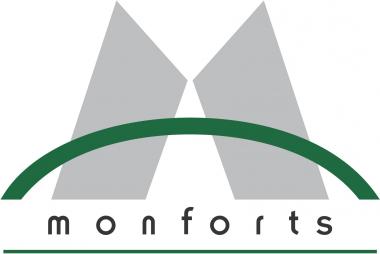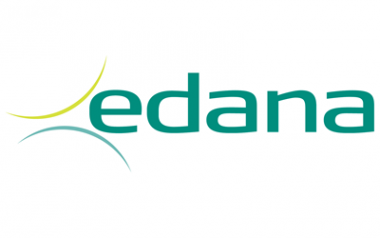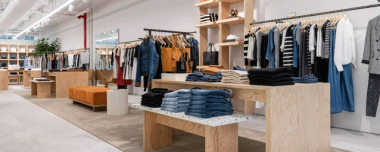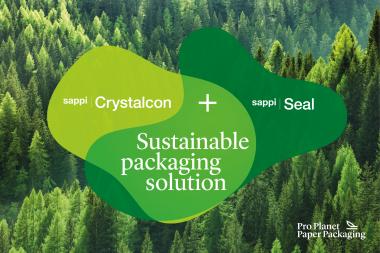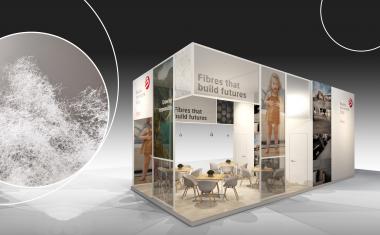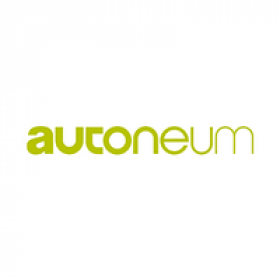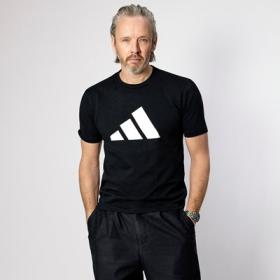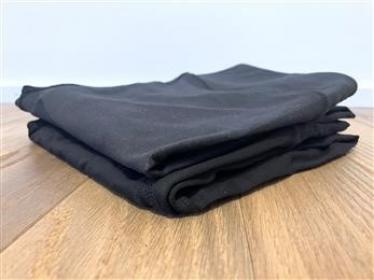adidas introduces its new Terrex Mountaineering Range
- adidas TERREX athlete Laura Dahlmeier tackles Mont Blanc’s Brouillard Pillar with Thomas and Alexander Huber in the film, United By Summits
- The trio are kitted out in adidas TERREX’s new Techrock Mountaineering range
- The adidas TERREX Techrock collection gives climbers the lightweight technical wear required to defy the elements mountainside
Mountaineering is about reaching personal summits. It’s about showing your mettle, finding your freedom and winning in front of no one but yourself and nature.
It’s a version of success that adidas TERREX athlete Laura Dahlmeier is reacquainting herself with. A multiple Olympic and world champion, the German biathlete is used to the noise of winning in front of huge crowds. Now retired, Laura is reconnecting with the challenges of a sport that first gave her a taste of freedom as a child: climbing.
Laura sets herself a particularly formidable goal in United By Summits. In the film, she is joined by German climbing brothers Thomas and Alexander Huber for an ascent of Mont Blanc’s infamous Brouillard Pillar and the rarely-attempted Bonington Route made famous by British climber Chris Bonington in 1965.
For this, and any other climb, mountaineers require lightweight but rugged technical wear that ensures easy movement while defying the elements mountainside, allowing for complete focus on the rock and ice in front of them.
Introducing the adidas TERREX Techrock Mountaineering range – worn by Laura and the Huber brothers in United By Summits as they climb one of the Alps’ most demanding routes.
Keeping climbers dry is the adidas TERREX Techrock Light Gore-Tex Mountaineering Jacket, a lightweight, packable jacket with breathable Gore-Tex Active 3-layer membrane to repel water. Adjustable hood and cuffs are compatible with helmets and gloves.
For insulation on colder climbs, the adidas TERREX Techrock Year Round Down Jacket locks in warmth with adidas-patented HeatSeal baffle construction and PrimaLoft® Gold insulation in the shoulders and cuffs. Pertex® Diamond Fuse 20 Denier yarn provides resistance to abrasion along with a water-repellent DWR-finished fabric.
For rugged, weather-resistant legwear that keeps climbers moving freely on any ascent, adidas TERREX Techrock Mountaineering Softshell Pants balance comfort and protection. Flexible, wool-backed softshell fabric moves easily while a tough nylon surface protects against abrasion. A soft waistband helps prevent bunching under harnesses for an easy-moving silhouette – essential on those long climbing days.
Kitted out in this new adidas TERREX Techrock Mountaineering range 4,000 metres above sea level, Laura and the Huber brothers achieved their goals together.
adidas AG








